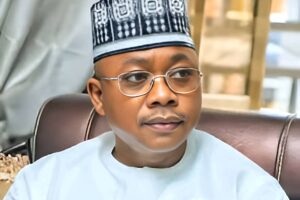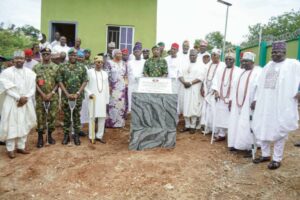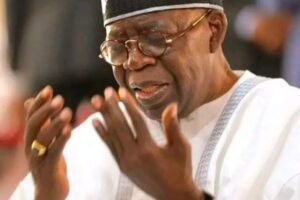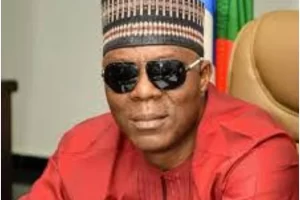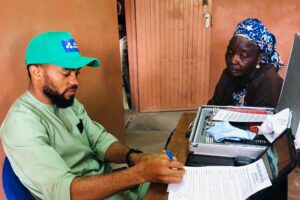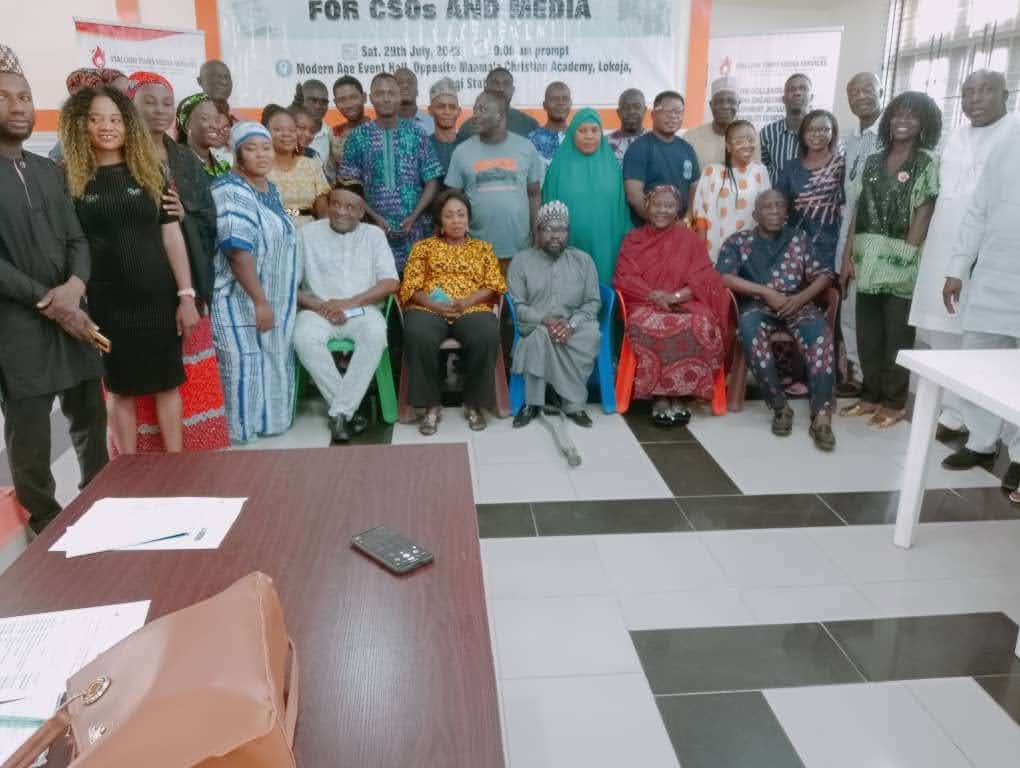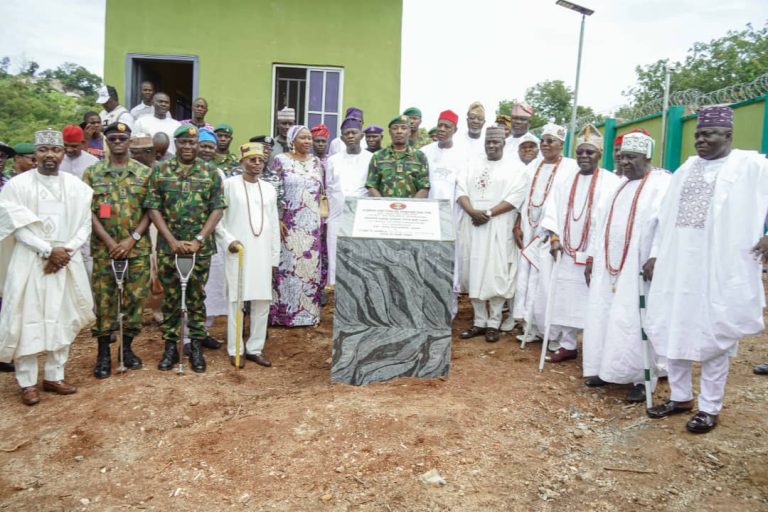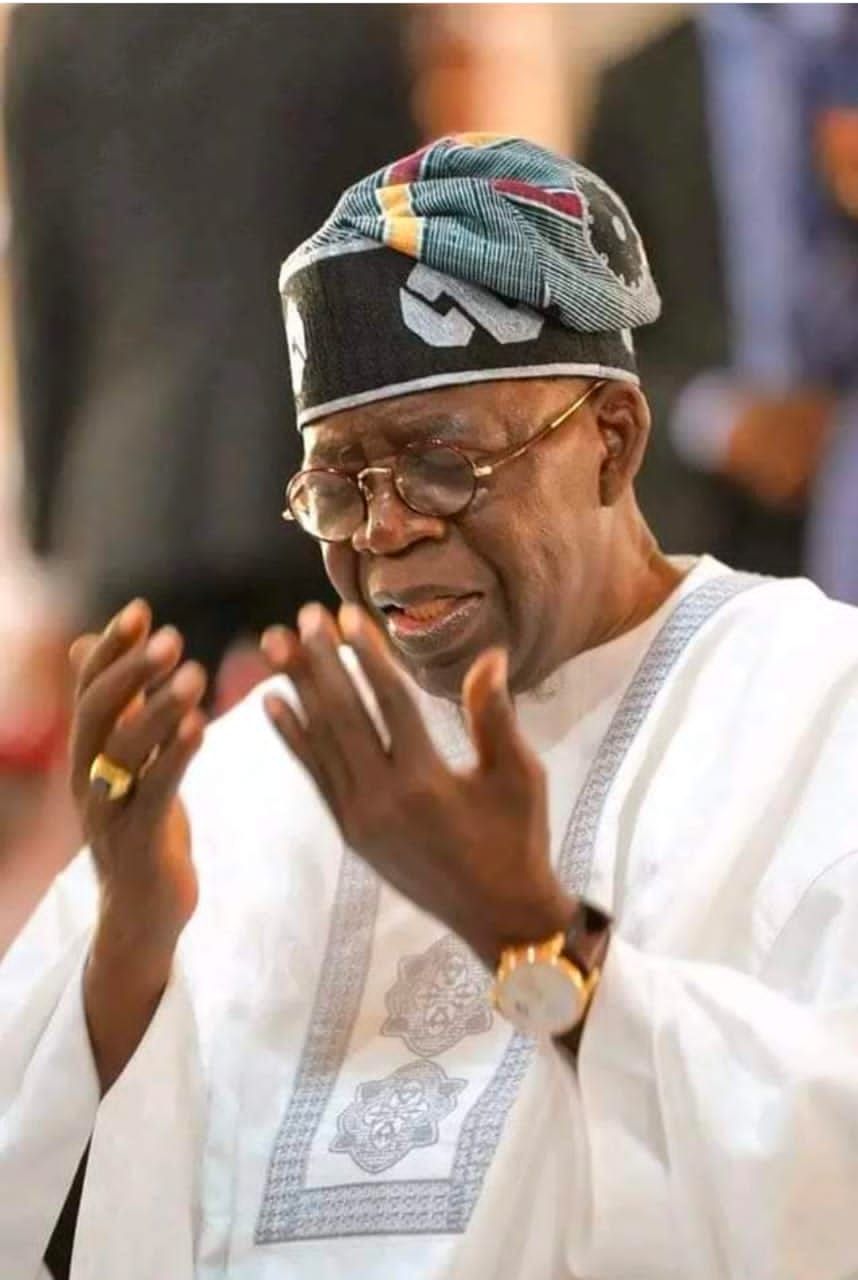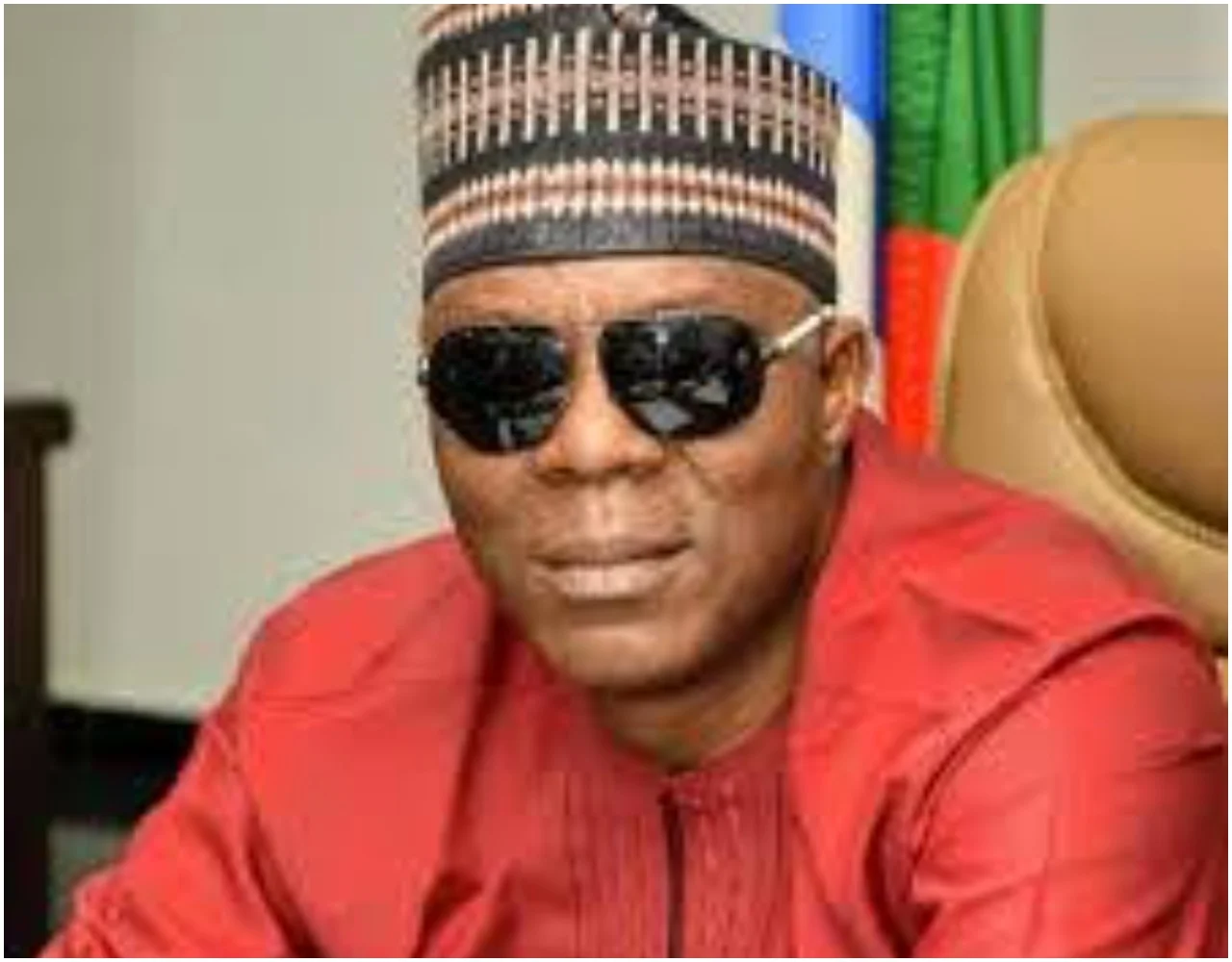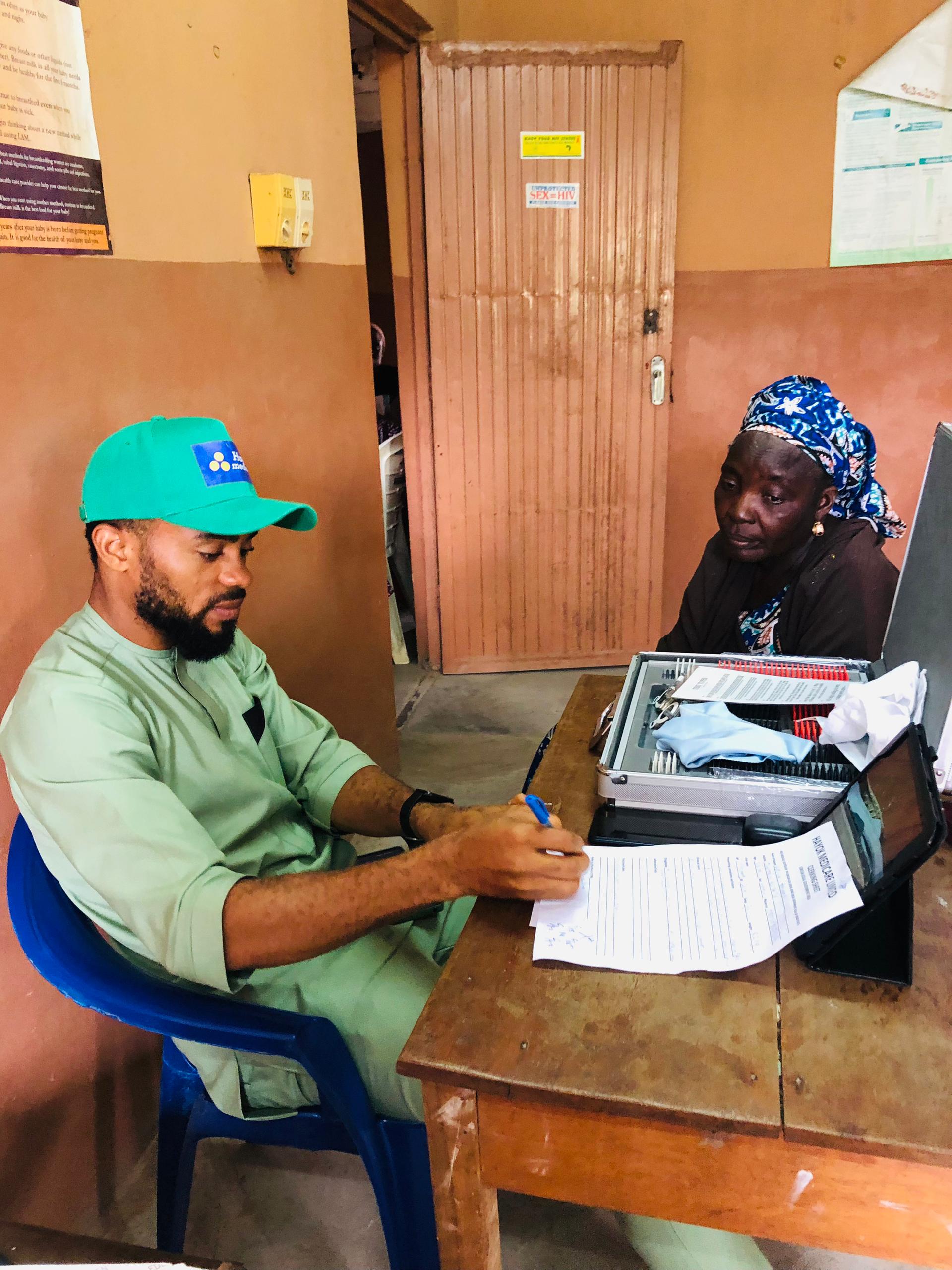By Ndayagi Sulaiman
A Research Scholar and Digital Forensic Expert, Isa Ali Musa, has urged professional Journalists to embrace artificial intelligence in order to be more effective on social media.
Musa gave the advice while speaking with journalists at the end of a One-Day Training for CSOs and Journalists on “Effective cause of Social Media”, organised by Stallion Times Media in Conjunction with MacArthur Foundation in Lokoja.
The forensic expert advised journalists to try as much as possible to be professional when using social media to distinguish themselves from novices on social media.
Musa stressed the need for professional journalists to learn artificial intelligence especially the one related to journalism, saying it would give them an edge on social media platforms.
He said the best way to be a professional journalist was to learn more about artificial intelligence for social media, as it remained a major challenge.
“There are software you can use now to create a radio and TV stations as well as online newspapers.
“You will just set all the parameters, then go home and sleep, and the artificial intelligence through ‘operational intelligence algorithm’ can work on its own.
“It would broadcast news without nobody in the studio, and also write and publish news. This is going to be the key challenge for journalists,” Musa said.
He emphasised that journalists need to step up their game and learn all the new technologies related to their field.
Musa added that fake news were spreading fast on social media because professional journalists had been left behind when it comes to generating news stories for circulation.
The expert called on Kogi journalists to takeover the social media platforms and contents by creating online presence on all platforms.
He urged the journalists to project and report any activity that would promote transparency and accountability in governance particularly in Kogi.
“When there is a story and it comes from a source that is more genuine, it generates more traffic because the person that posted first would have more followers.
“So, journalists in Kogi have to stand on their feet and be the first line of breaking news in the state and even outside the state,” he said.
The forensic expert made presentation on various topics, such as “The Basics of Social Media”, “Social Media and Effective Content Development”, Using Social Media to Build Relationships”, and How to Use Social Media to Tell Stories”.
He urged professional journalists to utilise the opportunity by publishing , accurate , fair and balance stories to the satisfaction of the populace.
He said charged professional journalists to exhibit high moral code by maintaining transparency, attribution, fact checking and to retract and correct stories found to be incorrect.
Earlier, the Project Coordinator, Stallion Times, Mr Isiyaku Ahmed, said the nexus between the civil society and journalism is advocacy.
He urged journalists and the civil society to collaborate, leverage on social media potentials to achieve advocacy goals.
According to him, as journalists, harnessing the power of social media is essential for researching a broader audience and staying connected with your readers.
Ahmed stressed that the worshop would equip the participants with the fundamental knowledge and skills to navigate the social media landscape.
He assured of the organisation’s continued contribution towards promoting good governance and uncovering the reality of an incident or corruption
Stallion Times is a partner in the Collaborative Media Project (Collaborating for media independence and government accountability) with support from the Wole Soyinka Center for Investigative Journalism, funded by the MacArthur Foundation.
The organization is implementing a Participatory Governance and Media Literacy project tagged “Get Involved, Dialogue and Improve (G-DRIP)” in Kano and Kogi states.
